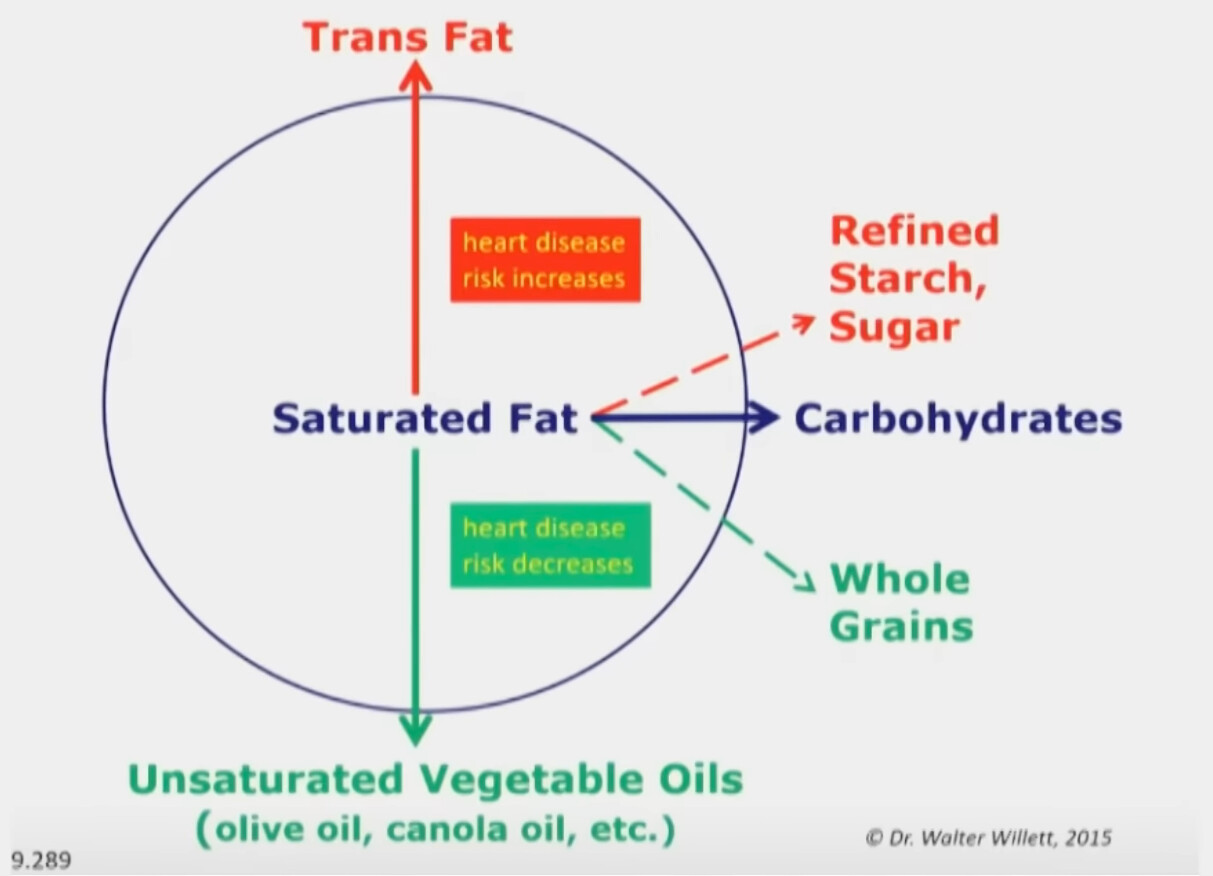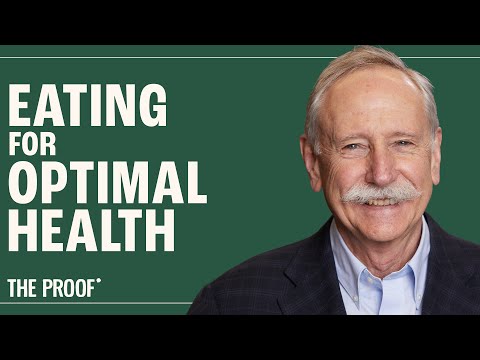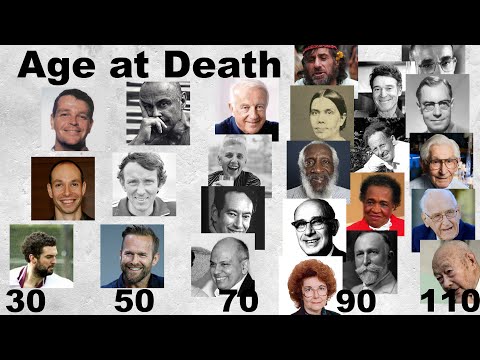So I’ve been thinking quite a lot about the relationship between diet and healthspan. And I’ve come to the conclusion that it is a very uncertain field, meaning it’s hard to know whether there will be any benefits from healthy eating, calling into the question of the term healthy.
Outside of the effects of healthy eating of known risks established in clinical trials - like apoB concentrations and heart disease risk. I feel very uncertain. I personally have a low apoB from a junk diet but watching what type of dietary fat I eat, and pharmaceuticals like statins. So it’s not persuasive on this front.
But since the experts, intelligentsia, the elite, seem to congregate around healthy eating patterns. I feel like they probably know something I don’t, or they are also uncertain, but believe the expected value to be still good. I want to try eating healthily and see what happens.
What’s healthy eating?
It’s what people in an Apple Inc. Commercial eats - or in a future L.A suburb, think Spike Jonze’s Her from 2013 - basically unprocessed foods, a lot of vegetables, fruit, whole grains, and lean sources of protein. Dr. Walter Willett, the most cited nutritional scientist says the following:
“Be careful about going online, It’s very hard for someone not deeply into the science of nutrition to sort through all of the misinformation out there in the general media”
“It’s not too complicated. Most people are going to get their calories from carbohydrates, so it’s really important those are going to be healthy carbohydrates. Basically whole grains”.
“Second most us is going to get our diet calories from fats, so it’s important they are healthy fats like olive oil, canola oil, soybean oil”
“Of course plenty of fruits and vegetables, a wide variety is important”
“Protein sources, emphasizing plant protein sources like nuts, legumes, soy products, beans of course counted as legumes. Keeping red meat quite low if you want to have it at all. One serving a week perhaps, or if you like steak, maybe have it a few times a year or once a month. But not large amounts of red meat for sure. Modest amounts of poultry would be okay. Fish a couple times a week is a good idea because they are a major source of Omega-3 fatty acids which are essential.”
“Dairy products are not essential but if you like to have them, one serving a day is a good target to aim for preferably having it as yoghurt or some cheese you enjoy but not large amounts”
“Of course keeping sweets and especially sugar sweetened beverages on the low side”
It’s basically the quality of the foods that matter.
What effect does the sub-optimal diet have?
Negative effects on cardiovascular disease (struck out because low apoB/pharmaceuticals can take care of it IMO), type 2 diabetes, neurodegenerative diseases, lower quality of life due to type 2 diabetes and premature cognitive decline.
Adding physical activity, not smoking and avoiding alcohol, if we do all of these things right, we can add about 10 years of healthy life according to Dr. Willett, not life in a nursing home, but 10 years of healthy living.
What is our certainty?
In the 70’s it was guess work, but now we know a lot more based on large epidemiological studies following people for a long time.

Have some soy food.
Mastering the Art of Healthy Eating: Diet Tips and Nutrition Research | The Proof Podcast EP #266
What am I doing differently?
I am increasing my vegetable consumption, and fruits. With every meal is the plan. I am also swapping my carbohydrates from mostly refined grains to whole grains. I also am going to try to eat more beans and legumes.
Websites like https://www.myplate.gov/ will be of help to me.
What am I interested in when it comes to this topic?
If you know links between diet and cancer for example, although uncertain, that would be interesting to me. As I’ve said elsewhere I think heart disease “is a solved problem”. and I believe many others on the forum believe so as well, there are other topics for that.



